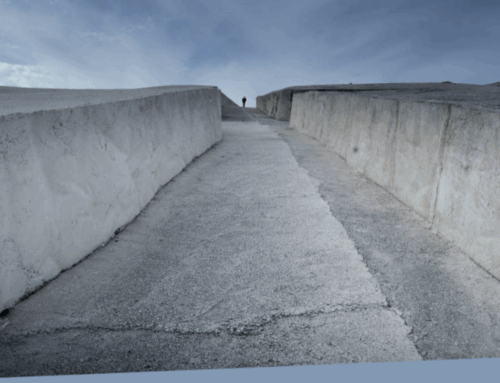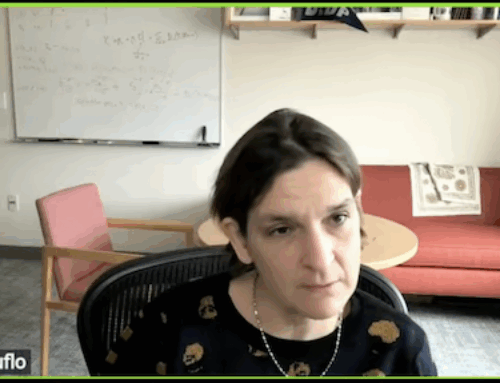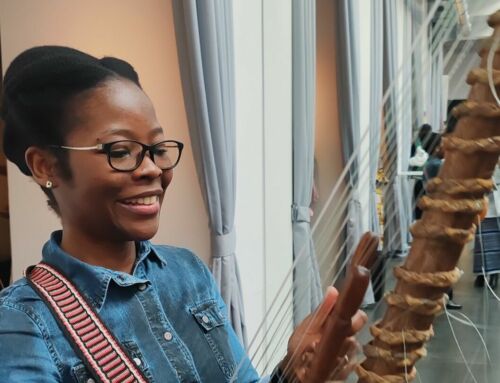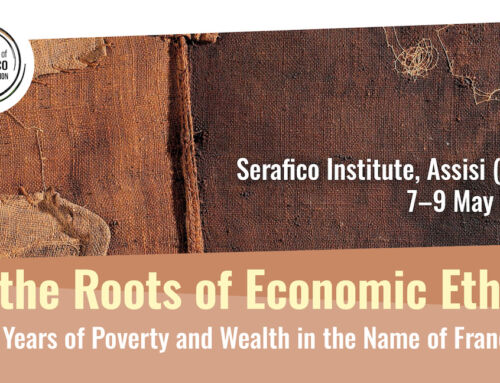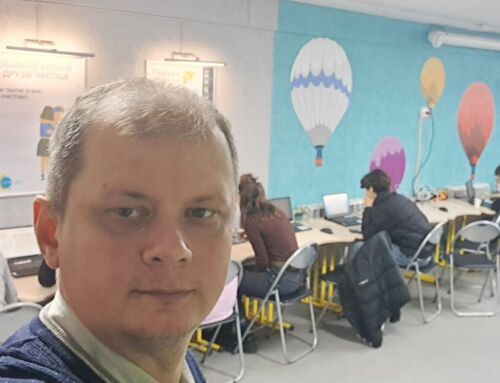ECONOMICS IN THE AGE OF THE COMMONS
Jump into the keywords of the first EoF school lessons and find out the next ones
by EoF STAFF
(ENGLISH TEXT ONLY)
“Knowledge, we believe, is one of the most important common goods we should share if we want to improve our lives”
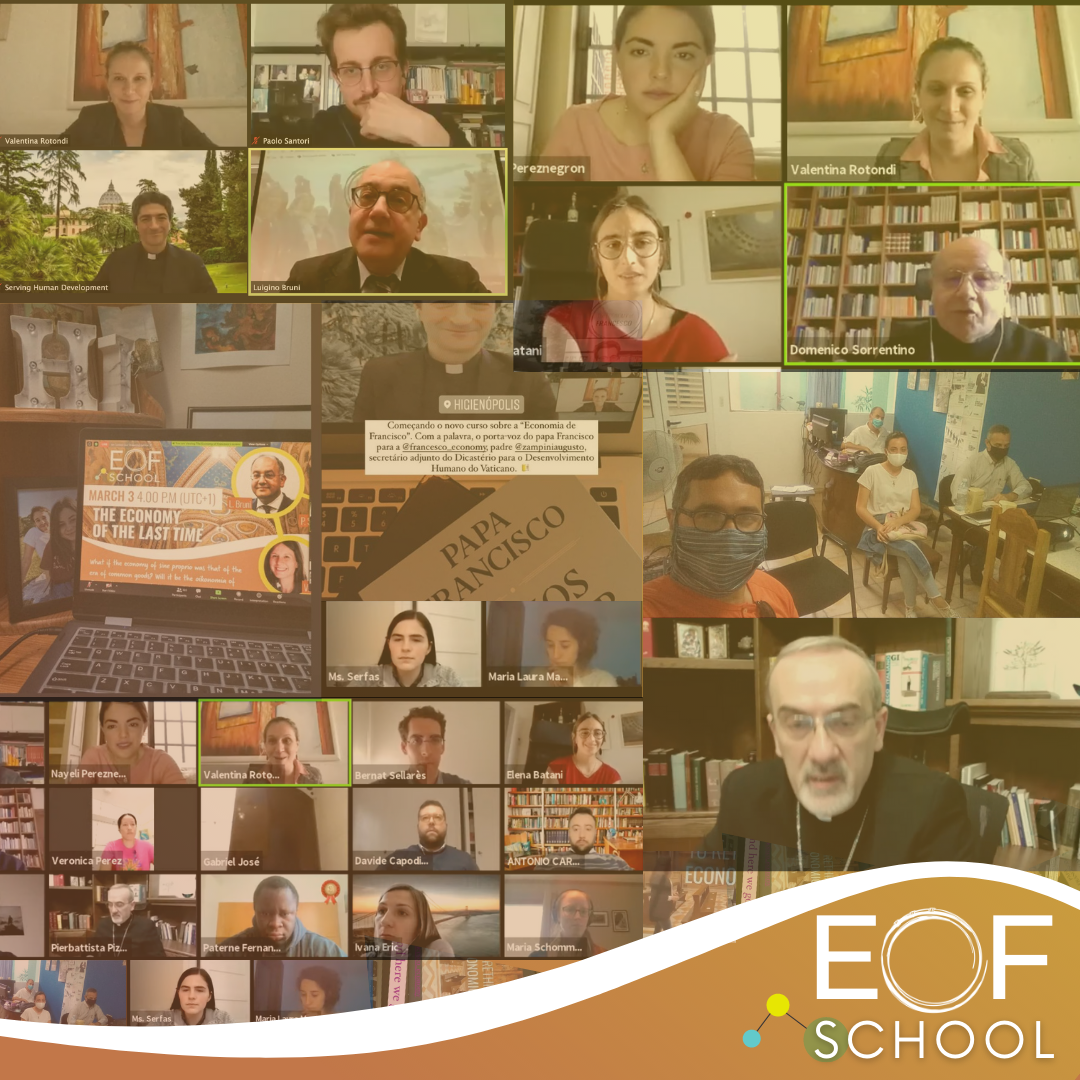
With these words, Paolo Santori – visiting scholar at the Erasmus University of Rotterdam – and Valentina Rotondi – researcher at the University of Applied Sciences and Arts of Southern Switzerland, Leverhulme Centre for Demographic Science e Nuffield College (University of Oxford) – concluded the invitation to join The Economy of Francesco School – Rethinking Economics starting from the Commons – the online advanced training course on the Economy of Francesco main themes.

